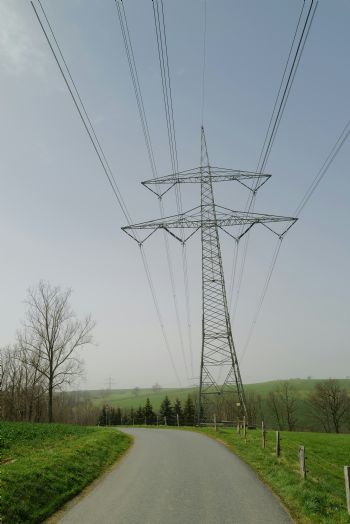
Photo by
Dominik Ferl on
UnsplashUK Steel has today welcomed the Government’s decision to rule out proposals for zonal electricity pricing within the Review of Electricity Market Arrangements (REMA), after Secretary of State Ed Miliband recognised the need to protect the security and competitiveness of the UK steel sector.
Depending on how zonal pricing would have been implemented, it could have increased industrial electricity prices by more than 10%, undoing the cost-saving measures announced in the Government’s Industrial Strategy. UK Steel was particularly concerned about the lack of cost-benefit analysis, impact assessments, and in-depth assessment of potential shielding options to demonstrate that the steel industry would not be worse off under zonal pricing.
The decision follows warnings from UK Steel, highlighting the risks zonal pricing would have posed to energy intensive industries like steel. Under zonal pricing, steel producers — who are tied to existing sites originally chosen for proximity to raw materials, transport and workforce — would have faced higher electricity costs simply due to their location. With UK steelmaking suffering from US tariffs and long-term electricity prices up to 50% more than French and German costs, this would have threatened UK jobs, investment, and the investment needed in decarbonising the sector.
Gareth Stace, UK Steel’s director-general, said: “We are pleased that the Government has listened to industry warnings and ruled out this risky proposal. Zonal pricing would have penalised existing industrial sites, driving up electricity prices, further damaging our ability to thrive, foster jobs, and undermining much needed investment in steelmaking.
“Electricity prices for the UK steel sector are among the highest in Europe. UK Steel warned that zonal pricing would have created a ‘postcode lottery’ for industrial power prices, conflicting with the Government’s own ambition to reduce power costs for British industry.
“As the industry transitions fully to electric arc furnace technology, price competitiveness will become even more central to the sector’s future. While today’s decision provides clarity on the direction of electricity market reforms, the Government must ensure that the alternative to zonal pricing, reformed national pricing, supports rather than hinders industrial competitiveness.”